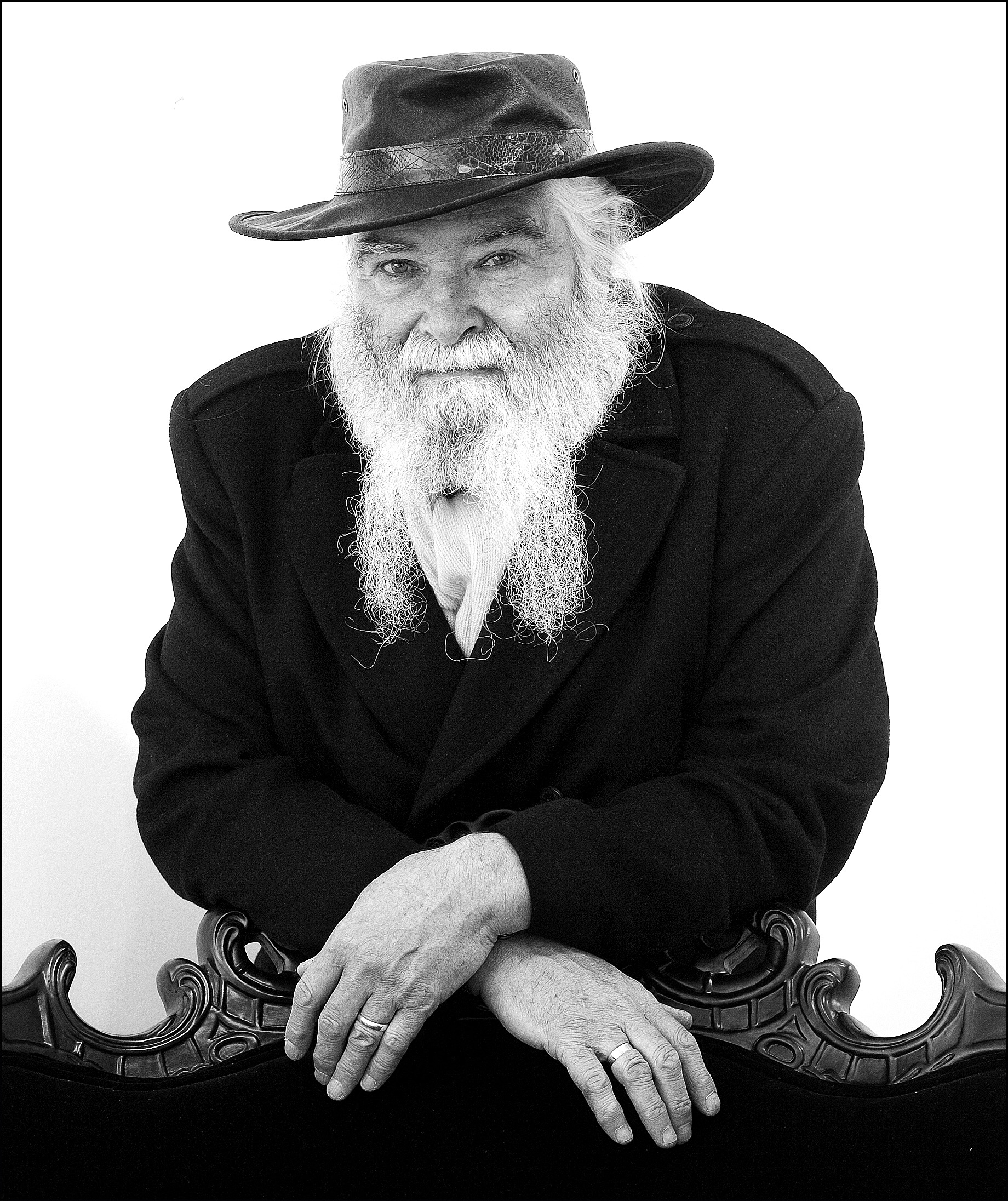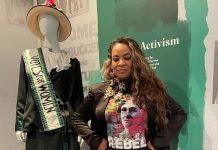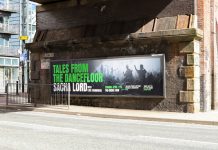Blues Legend Victor Brox passed away last week at the age of 81-Born in Ashton under Lyne his career saw him work with many of the world’s top musicians
About Manchester met with him in 2016 and here we reproduce that interview
Victor Brox has few regrets in his life but one back in September 1970 holds in his mind. “If only we had insisted on Jimi coming and staying with us that week, things could have been so much different”
Jimi was of course Jimi Hendrix, who would be found dead in his London flat just a week later and the world was to be deprived of a blues genius at the tender age of twenty seven.
Jimi had played with Victor just a few weeks earlier at the Speakeasy in London and at the time, Victor and his wife, were making coats as a sideline and were going to give Hendrix one of their coats and invite him to stay in a house they had just moved into near Hyde Park. It wasn’t quite ready and they postponed the invite.He died the following week.
Victor can’t praise the Hendrix enough, probably the best modern blues guitarist. ” He could take a synthetic sound and make it sound authentic He was one of the best people I have ever played with.”
They first met at the Blue Boar service station on the M1, Victor on the way to a gig and Hendrix on the way back.They had, recalls Victor, closed part of the services, Victor walking in wearing a white suit with his long grey hair, Hendrix walking the other way, stopping and staring at Victor before exclaiming “Hey Man” to which Victor replies the same. A few weeks later, Victor’s band was playing at the Speakeasy in London, Hendrix walked in and asked if he could play with them, the left handed Jimi taking a right handed guitar and playing it perfectly.
I met Victor in Northern Quarter’s Cottonpolis bar and Victor was keen to talk about the early days and how he got into jazz and blues.
His career stretches back over fifty years and has crossed paths with many of Rock and Blues towering figures.
For those who don’t know of him a brief synopsis. Born in Droylsden in 1940, having his own band by the age of thirteen, playing Jelly Roll Morton compositions, getting a degree in philosophy, hanging out in Ibiza, coming back to Manchester in 1963, the first blues single in England World in a Jug, a string of best selling albums with the Aynsley Dunbar Retaliation, albums with Champion Jack Dupree, Graham Bond, Dr John, Screaming Lord Sutch, Ritchie Blackmore and Keith Moon, singing on the original Jesus Christ Superstar Album, the part of Caiaphas, the High Priest.
In the Mid 1960’s he would move to London, there he would tour with Jimi, John Lee Hooker, BB King, Stevie Wonder, Eddie Boyd and members of Pink Floyd and the Rolling Stones, a decade that my its end would see him described by both Jimi Hendrix and Tina Turner as their favourite Blues singer.Oh and he went out with Nico, soon to be made famous by Andy Warhol and the Velvet Underground.
We begin by talking about the beginnings in Manchester, playing the violin at the William Hulme Grammar school, where he had gone a year early having passed his eleven plus,becoming interested in the blues at the age of ten after reading a book which told the history of early jazz and blues, infused by the music that he heard at his Methodist Chapel, especially the improvisation of the organist, whom today he remembers as a genius,and being a band leader at the age of thirteen which he formed in his parent’s front room.
This was a time when listening to Blues was almost impossible.Victor says that the only way to hear it was to acquire the 78’s that were brought into Liverpool by merchant seaman.Victor would hear them when as a boy he would attend meetings of the Northern Jazz federation run by a guy from Burnley called Bill Entwistle where the members would sit around listening to the crackly records from across the Atlantic.
Victor graduated to the trombone at school, keen to play with the cadets band and with the violin not appearing in a brass band, he picked the only instrument available, but as people left, he would swoop on their instruments in an attempt to learn as much as possible, which included the trumpet.
Victor studied at the feet of Big Bill Broonzy,Brownie McGee, and Sonny Terry before heading to Ibiza, the Nico connection and later to Berlin and was about to depart for New York when he met his wife, instead becoming an integral part of the Manchester scene.
To Manchester then in the early 1960’s, a city full of music remembers Victor as he played with his Victor Brox Blues Train, while holding down a job as a teacher. Manchester had been diffused with American Jazz during the Second World War with musicians who has served at the American Airbase in Burtonwood ,The Nile club in Moss Side would attract them after the war and the influence lived on literally hundreds of clubs would appear across the region.
The names reel off, Oasis, Manchester Cavern, MSG and of course the Twisted Wheel, where he played the opening night sharing the bill with the Spencer Davis Band.
In 1966 he left for London getting an offer to play with the Alexis Korner band, “paid work” he says but unfortunately it lasted just six weeks. Alexis he remembers very well, his main income Victor recall came from doing voice over for adverts, he wasn’t a great singer or a great player says Victor but he was undoubtedly a great band leader and his ability to foster great musicians.
That was the time that he bumped into Jimi Hendrix and for the rest of that decade would sing and play organ with the Aynsley Dunbar Retaliation, a band that would influence many of the emerging British talents that would go onto be greats. They released four albums: ‘Retaliation’, ‘Doctor Dunbar’s Prescription’, ‘To Mum from Aynsley and the Boys’ and ‘Remains to be Heard.
He wasn’t though finished there, taking part in the 1970’s in what was the Anglo-American Blues tour behind the Iron Curtain and returning to London in the 1980’s being part of the eight piece Mainsqueeze who enjoyed commercial success playing around festivals and clubs in London and the Continent.
Today Victor is still performing and you can catch in Manchester this Sunday at the Ruby Lounge in the Northern Quarter where he will be appearing alongside Dave Formula and the Finks and his daughter Kyla.
But we finished talking about the current music scene and especially blues. “It’s all a bit formulated now”, says Victor. “I saw it coming in American, the bands were all the same, a good looking harmonica player who could sing and a couple of guitarists all playing the same standards.”
The music died in 1971 when the big recording labels took control and the club owners real used that it was cheaper to hire a DJ than book a live band.
Blues have, he maintains , become a minority music, not suited to the instantaneous culture of today. “To be a blues singer requires a twenty year apprenticeship.”. To be asked to tour the Universities of the Southern American States to teach them about Blues was perhaps an indication of how much of a minority music it now is.







